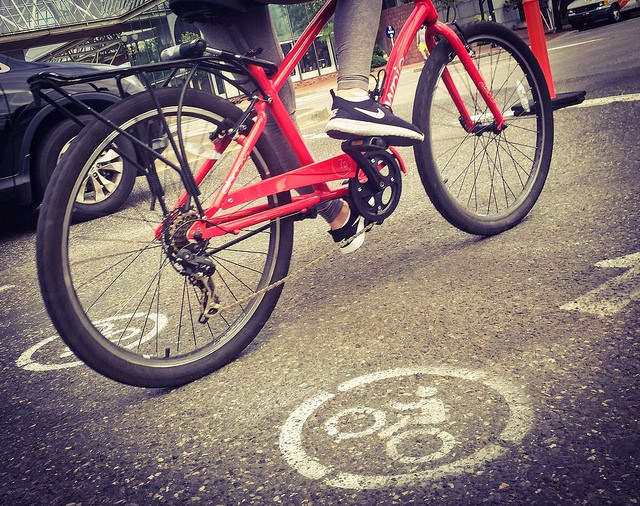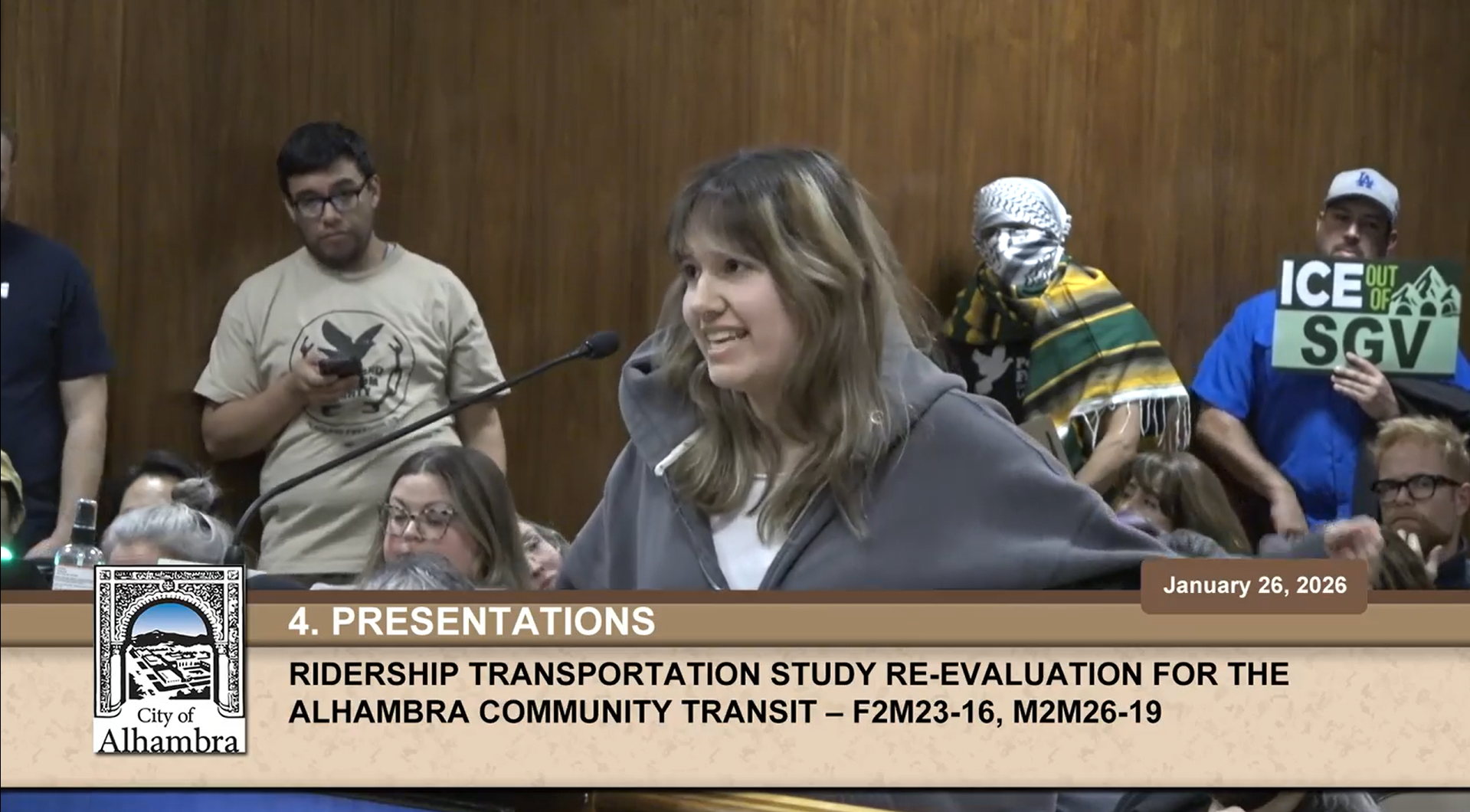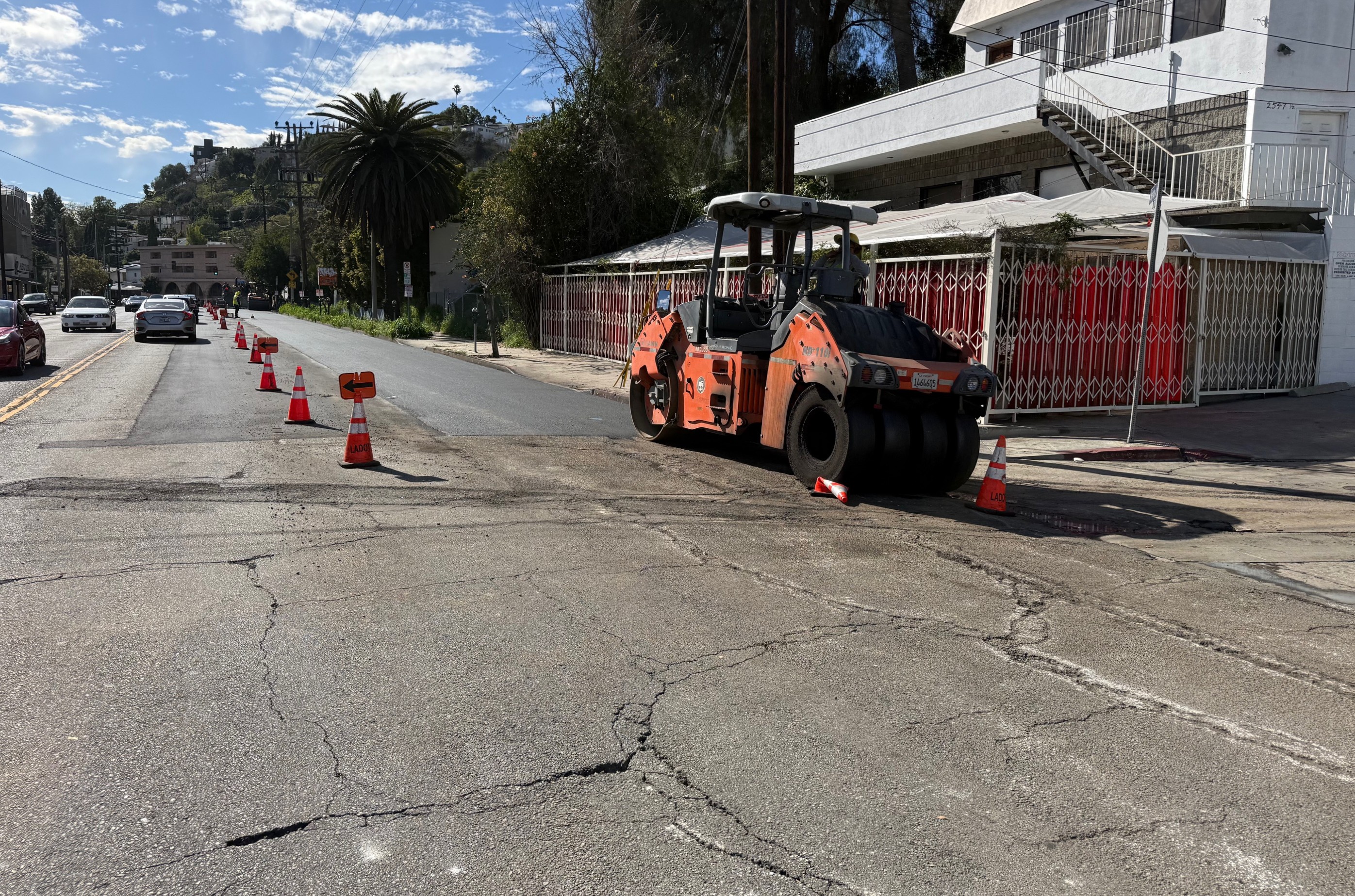From deep blue California to Republican-controlled Indiana, states are increasingly coming to the conclusion that they need to raise revenue for transportation. Oregon is no exception. On Monday, the legislature there released a plan to raise about $8.1 billion over the next 10 years by increasing gas taxes, registration fees, and payroll taxes to spend on roads, transit, walking, and bicycling.
It also includes a new excise tax on bicycle sales.
The idea has come up before in Oregon but never been enacted. There is a feeling this time around, however, that it might become law, reports Jonathan Maus at BikePortland.
Advocates at the Transportation for Oregon’s Future coalition and The Street Trust, formerly known as the Bicycle Transportation Alliance, might not be thrilled about a bike tax, Maus reports, but they aren't necessarily going to oppose it:
As for the bike tax, there was no mention of it in a statement released today by the Transportation for Oregon’s Future coalition. The Street Trust Policy Director Gerik Kransky said, “We are happy to see an initial transportation package that includes funding for trails and safe places to walk and bike.” Last week the Street Trust convened a meeting of local bike shop owners to discuss the idea... Sources say it was a robust discussion.
A bike tax, which could be set at 4 or 5 percent on bicycle sales, is only expected to generate $1.6 million to $2 million per year -- a drop in the bucket compared to revenue from the gas tax and other fee increases. Plus, it penalizes a low-impact mode of transportation that should be encouraged, not taxed. So why have it?
Maus explained the rationale when he reported on the bike tax in March:
The reason it’s under consideration has everything to do with politics. For many years some lawmakers and agency staffers have chafed under pressure from constituents who say “Bicyclists don’t pay” and “Bicyclists need to pay their fair share.” Regardless of the facts and principles of the issue, a tax on bicycle users is seen as a way to quiet those critics. And while it might annoy you, consider this: This red meat is probably seen as necessary only because the bill will include significant funding for bicycle projects.
In addition to the existing state law requiring that 1 percent of money spent on new roads must be spent on bicycle and pedestrian infrastructure, the funding plan would create a $7 million set-aside for bike projects, plus $4 million for a linear park grant program. There would also be $10 million for Safe Routes to School, though that amount is lower than what advocates and a gubernatorial task force recommended.
While new money for bicycling and walking is to be welcomed, it's important to put it in perspective. Road expansions are in line for sums that dwarf the bike projects. The I-205 freeway widening alone would receive a $250 million earmark under the state's funding plan.
Hearings on the proposal are likely in June, followed by a vote in the legislature as early as mid-July.







